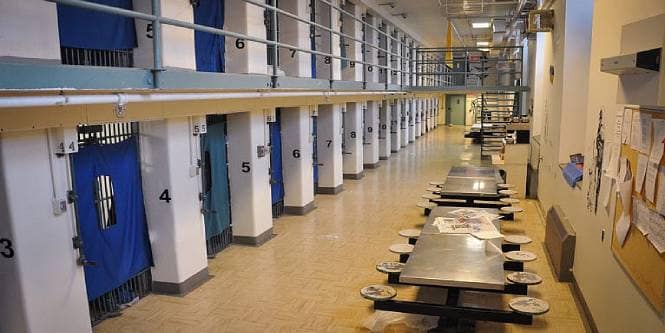

It is unlawful for any person to bring an alcoholic beverage inside a State Penal system; city jail; county jail; or reformatory; which includes the premises.
What is the mental state required for a violation of Business and Professions Code 26503 BPC?
This is a strict liability offense. As a strict liability offense there is no determination of a mental state. All that is required is the completion or attempt of the unlawful act without regard to the accused’s state at the time of the offense. Therefore, as applied to Business and Professions Code 25603, the State must prove beyond a reasonable doubt that the accused brought a liquid that has the alcohol, wine or beer inside a defined penal institution or reformatory; and the accused was observed to have it under actual or constructive possession; whether or not it was consumed.
What is the definition of possession under Business and Professions Code 25603 BPC?
Possession can be actual or constructive. Actual possession is possession established by physical grip. Constructive possession is established by direction, authorization, and control- that can be ascertained by reach, or authorization to employ or direct another to do the same.
What is the definition of alcohol under Business and Professions Code 25603 BPC?
Alcohol as defined under Business and Professions Code 25603 BPC, is any liquid combination of: ethyl alcohol; hydrated oxide of ethyl; spirits; wine from whatever source or by whatever process created. Powdered alcohol as defined under Business and Professions Code 25603 BPC, is any means of alcohol created or prepared, or sold in a powder or crystalline form for human consumption or can ascertain alcoholic qualities when mixed with water or any liquid- excluding vaporized alcohol.
Alcohol as defined under Business and Professions Code 25603 can also include, spirits, liquor, wine, beer, and every liquid sold containing spirits, wine, beer or liquor that has 1⁄2 of 1% or more of alcohol by volume that is fit for regulation by the California Department of Alcohol Beverage Control; whether it be consumed in its own propensities, diluted, mixed or combined with other substances. Distilled spirts, as defined under Business and Professions Code 25603 BPC, is any alcoholic beverage obtained by distillation through a fermenting process involving grain, wheat or rye, and includes wine, whiskey, rum, brandy, gin, and all their derivative dilutions.
Beer as defined under Business and Professions Code 23006 BPC, is an alcoholic beverage obtained by infusion through a fermenting process utilizing barley, malt, hops, or their derivative seedlings with water, with the possibilities of creating ale, porter, brown, stout, lager; and can includes in the fermenting process: honey, fruit, fruit juice, fruit concentrate, herbs, spices, and other materials- Excluding Japanese Rice Wine.
Wine, as defined under Business and Professions Code 23007 BPC, is an alcoholic beverage whose design is to ferment natural or artificial juice derived from ripe grapes or other agricultural products containing or adding sugar, branding, wine and does not containing more than 15% of added flavoring, coloring, or blending material; nor containing more than 24% of alcohol by volume, which includes vermouth and Japanese Rice Wine.
A violation of Business and Professions Code 25603 BPC is charged as a felony. The penalties include confinement terms of 16 months, 2 or 3 years in prison; with fines not exceeding $10,000 dollars.
What are examples of a violation of Business and Professions Code 25603 BPC?
If you are charged with a violation of Business and Professions Code 25603 BPC, call Law Mart today.
Call LAW MART for a FREE Case Review: 310-894-6440

Copyright © 2024 law – Powered by AmelCS